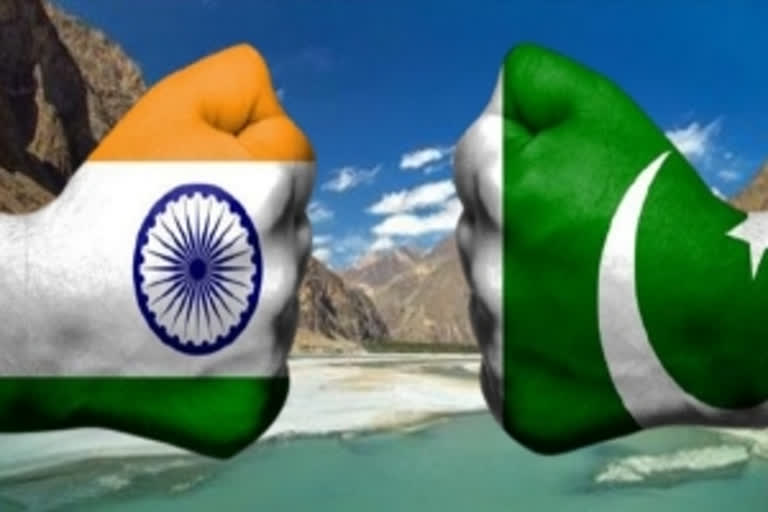New Delhi: The possibility of a two-front conflict facing India is suddenly becoming much more real. While Chinese rhetoric and posture are already showing a change, Pakistan is set on a gambit just after November 15.
Chinese strategist Liu Zongyi, who specialises on Indian affairs, wrote in the state-owned ‘Global Times’ on the escalating India-China border row on Saturday.
“If China doesn’t fight back, it is likely that conflicts will emerge from time to time on the India-China border, which may even become the new normal… China must reevaluate its previous approach and attitude towards India. Time to be tougher to India,” he wrote in an article obviously vetted by Beijing.
Liu’s article reflects the belligerent position of the Chinese government with India.
Just a day before, Pakistan PM Imran Khan, seemingly emboldened by Chinese bellicosity against India, said during his UNGA address after having threatened of a nuclear war with India over Kashmir last year: “There will be no durable peace and stability in South Asia until the Jammu and Kashmir dispute is resolved on the basis of international legitimacy...India must rescind the measures it has instituted since 5 August 2019.”
A Puzzle
For long since the outbreak and escalation of tension between India and China from April-May onwards Pakistan had kept quiet. It puzzled many but now it has become clear. Pakistan will be making its first major move in November.
Preparations are reportedly on in Pakistan to hold elections in the Gilgit-Baltistan (GB) region on November 15 after which GB may be made the country’s fifth province along with Punjab, Sindh, Baluchistan and Khyber Pakhtunkhwa.
GB’s incorporatisation as a Pakistani province, which means unprecedented control by Islamabad, is a direct affront to India’s claim of the region being a disputed area.
The move aims to negate the disputed status of the region and accord a sanctified legal status.
